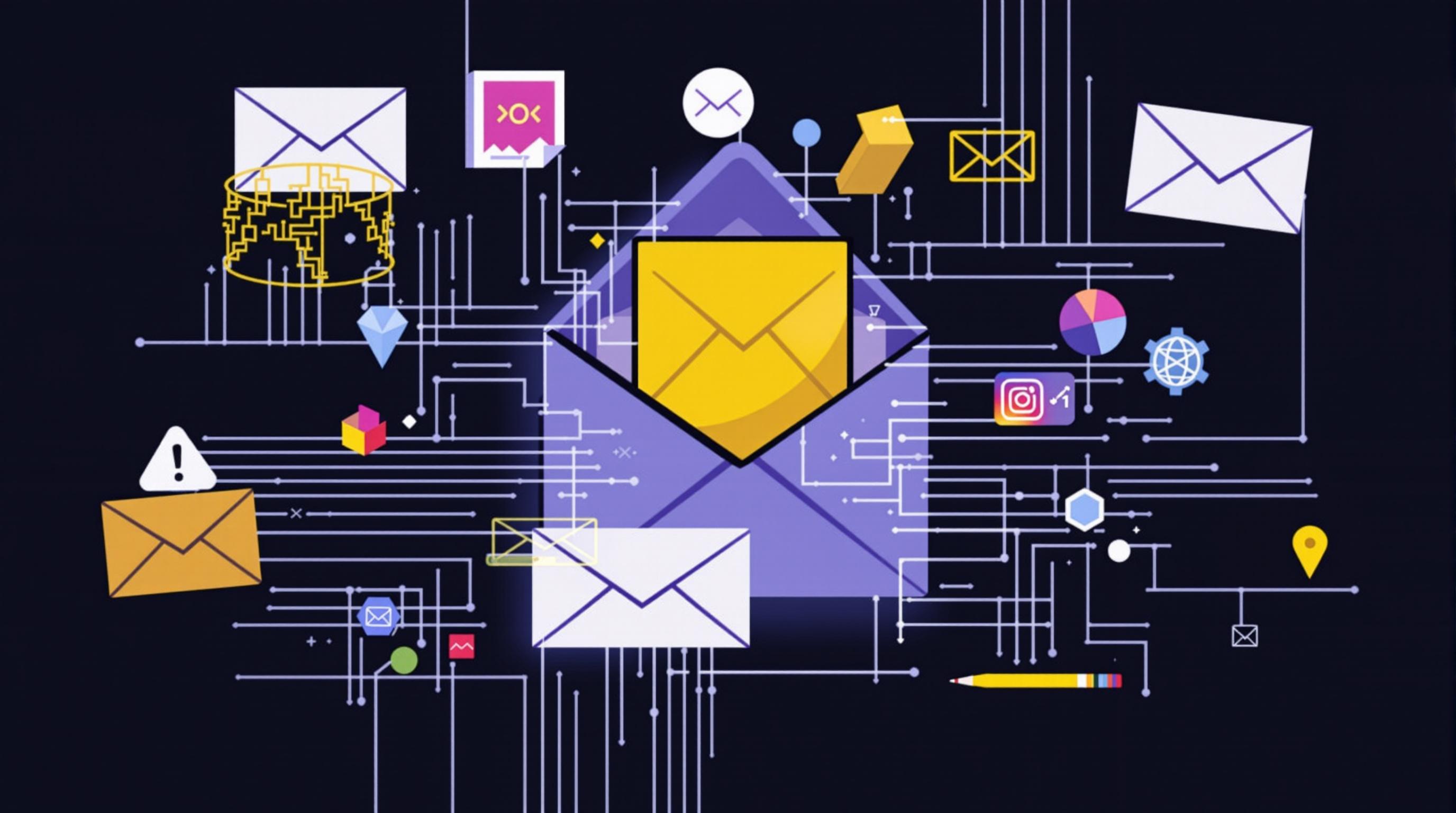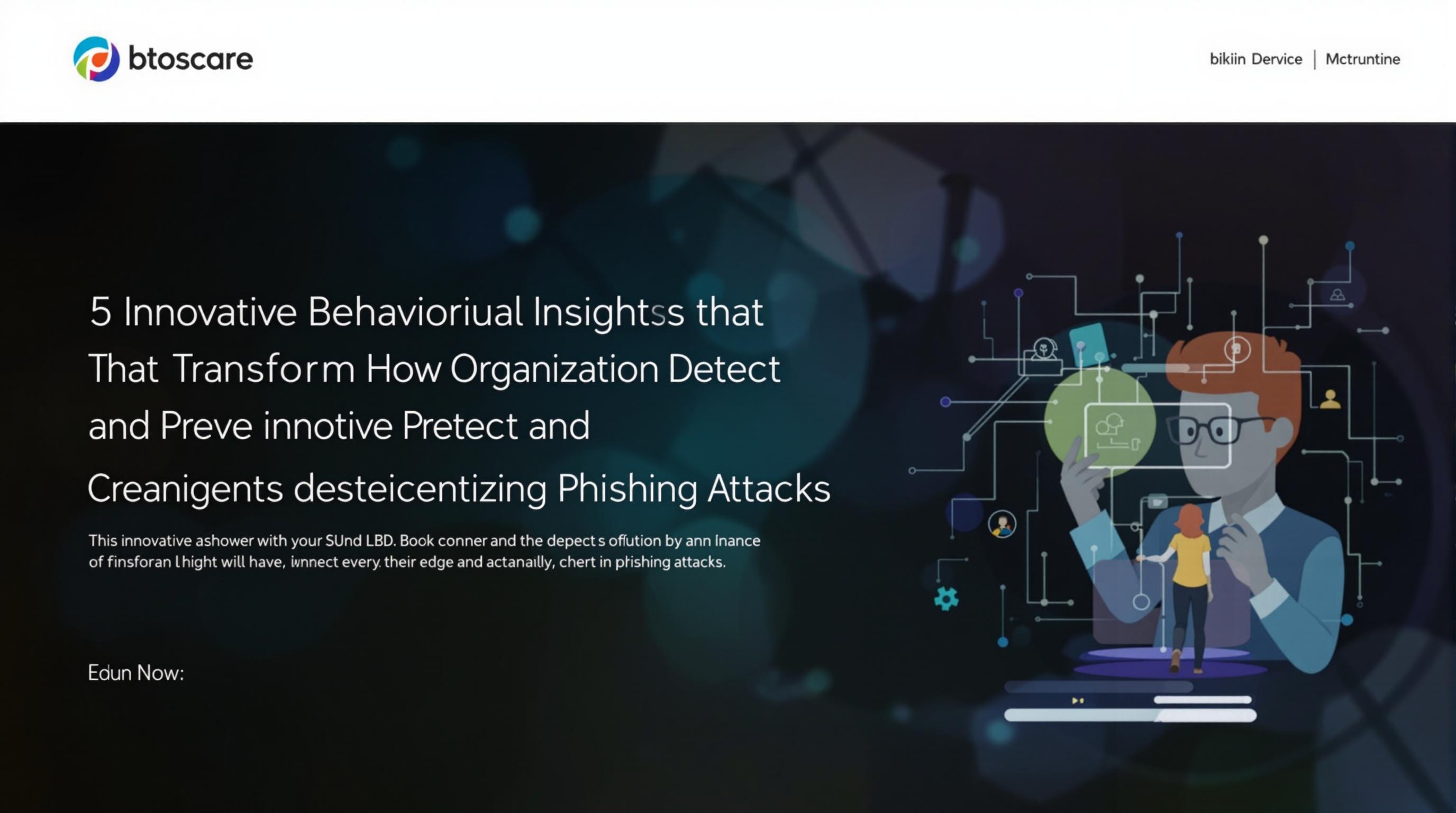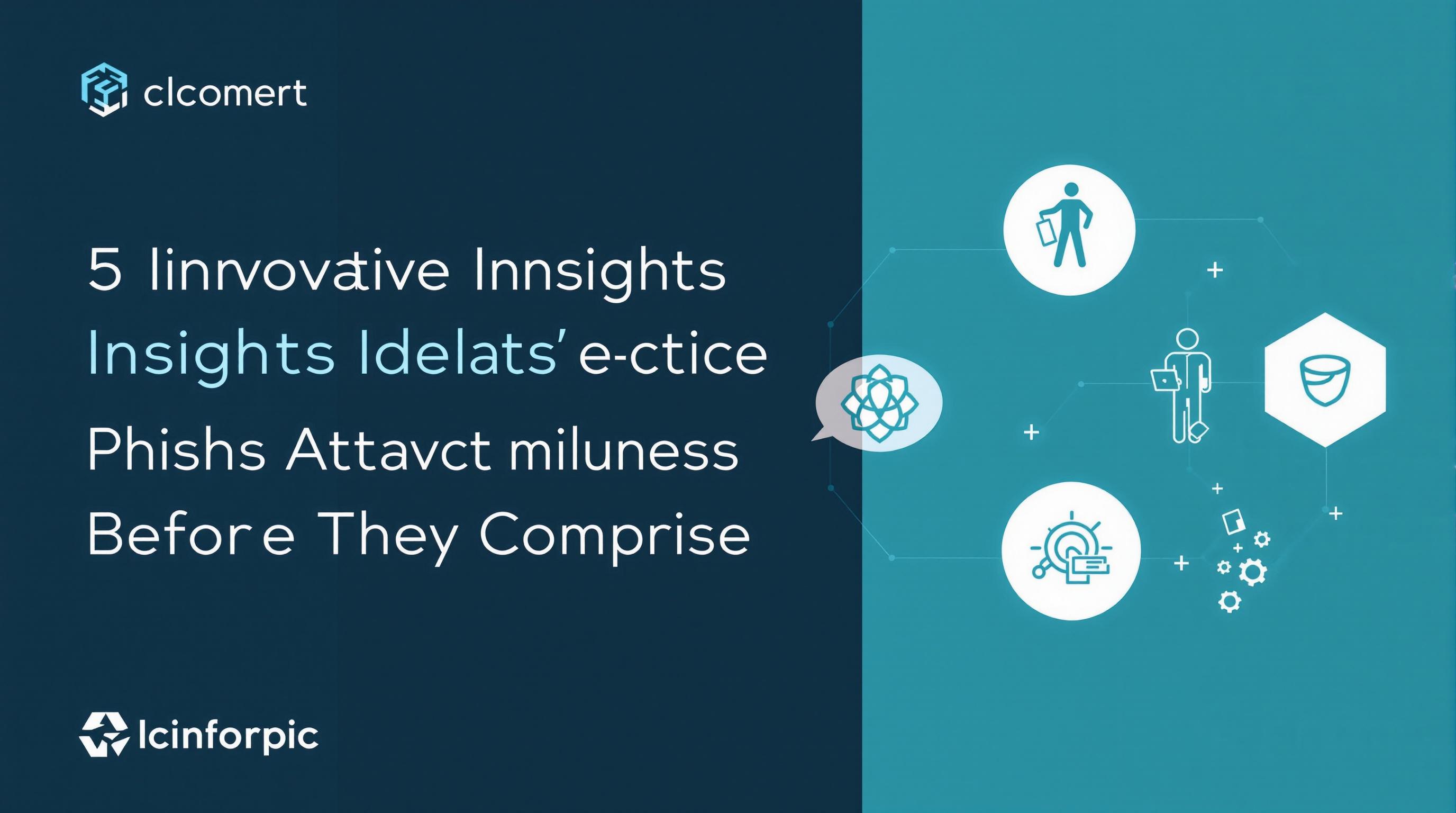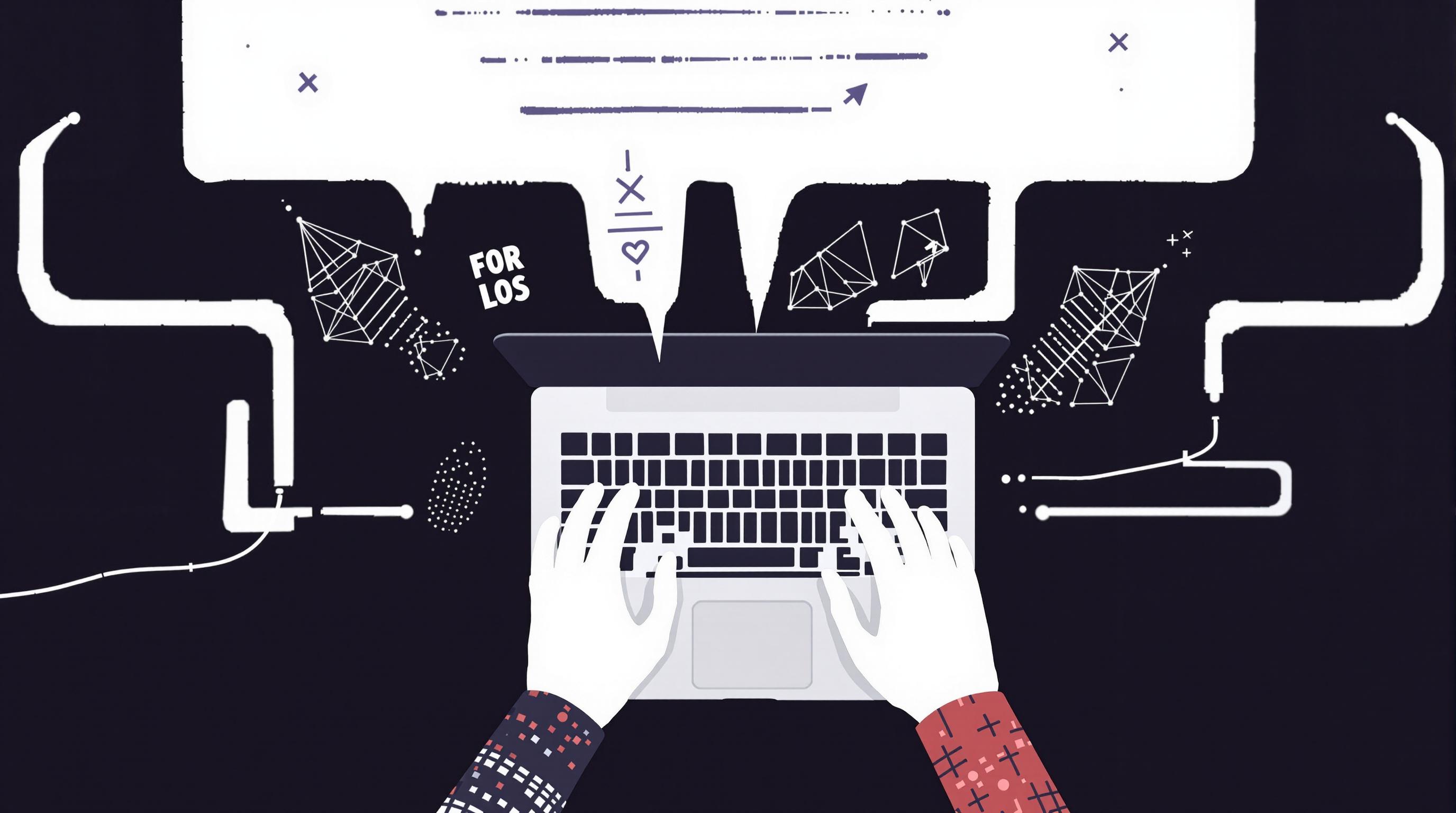Related Articles
- Unveiling the Silent Effects of Malware Residue on IoT Devices and What It Means for Your Connected Home Security
- Top 6 Game-Changing Email Security Suites Released Since 2019 That Actually Stop Cyber Trickery
- The Hidden Impact of AI-Driven Voice Assistants on Your Device’s Safety: Risks Nobody Talks About
- Top 6 Stealth Encryption Products Redefining Data Privacy You Haven’t Heard About Since 2019
- Exploring the Influence of Wi-Fi Radiation on Human Sleep Patterns and Cognitive Health in Modern Living
- Top 8 Stealth Malware Cleaners from the Past 5 Years That Outsmart Evasive Threats
The Secret Role of Sleep Patterns in Strengthening Your Mind Against Cyber Deceit and Digital Lures
The Secret Role of Sleep Patterns in Strengthening Your Mind Against Cyber Deceit and Digital Lures
Understanding and optimizing your sleep patterns can significantly enhance mental resilience against the growing menace of cyber deceit and digital lures. This article explores the intricate connection between sleep quality and cognitive defenses, unveiling practical insights supported by research, case studies, and real-world examples.
The Digital Battlefield: Why Sleep Matters More Than Ever
Imagine scrolling through your feed at 2 a.m., bleary-eyed and vulnerable—this is when cyber criminals strike hardest. Lack of sleep impairs judgment and reduces your ability to detect phishing attempts, fake news, and malicious ads.
A 2019 study by the University of California, Berkeley found that sleep deprivation decreases prefrontal cortex activity, the brain region responsible for decision-making and impulse control. This neurological impact makes you more likely to fall for scams or divulge sensitive information online.
Real-Life Case Study: The Midnight Phish
Consider Beth, a 32-year-old graphic designer living in Chicago. After pulling several all-nighters to meet client deadlines, Beth received an urgent-looking email from her “bank,” asking for her account details. Exhausted and less focused, she complied, resulting in unauthorized transactions.
Her experience underscores a critical truth: sleep deprivation can open the floodgates to cyber vulnerability.
What Happens in Your Brain When You Sleep?
Sleep isn’t just about rest; it's a complex process during which your brain consolidates memories, clears toxins, and recalibrates neural pathways. According to the National Sleep Foundation, during deep REM sleep, the brain strengthens synaptic connections that are crucial for learning and memory retention.
Hence, a well-rested mind is better equipped to detect irregularities in digital environments and resist manipulative attempts.
How to Recognize Cyber Deceit When You're Well-Rested
An alert mind can spot inconsistencies such as suspicious URLs, subtle misspellings, or incongruities in sender emails. Sleep improves pattern recognition, which is essential in detecting phishing emails or malicious links.
According to Cybersecurity Ventures, 95% of cyber breaches are due to human error. Improving sleep quality could be a simple but effective way to reduce these errors.
The Science Behind Sleep and Decision-Making
Research from Harvard Medical School highlights that sleep deprivation disrupts the amygdala’s regulation by the prefrontal cortex, making it harder for tired individuals to assess risk and exercise caution.
For example, when tired, people tend to rely more on emotional responses rather than logical evaluation—exactly what cybercriminals exploit.
Persuasive Insights: Sleep as the Ultimate Cybersecurity Tool
Think of sleep as your brain’s firewall. While antivirus software protects your computer, sleep safeguards your decision-making. By prioritizing consistent sleep schedules, individuals essentially shield themselves from cognitive vulnerabilities.
Organizations can encourage this by promoting healthy sleep habits among employees to reduce phishing risks, a strategy already gaining traction in corporate cybersecurity protocols.
Humor Break: The Sleep-Deprived Hacker
Picture a hacker trying to launch a phishing email campaign at 3 a.m., but instead of the email going to millions, he accidentally sends it to himself because he forgot to change the recipient email due to lack of sleep. Even the worst cybercriminals need rest!
Practical Tips for Strengthening Your Mind Against Digital Manipulation
- Maintain a Consistent Sleep Schedule: Go to bed and wake up at the same time every day to stabilize your body's internal clock.
- Avoid Electronic Devices Before Bedtime: Blue light exposure can interfere with melatonin production and delay sleep onset.
- Practice Mindfulness and Stress Reduction: Stress affects sleep quality, which in turn affects cognitive sharpness.
- Stay Hydrated and Eat Brain-Healthy Foods: Nutrients like omega-3 fatty acids help maintain neural function.
Age Doesn't Matter: Sleep Protects Everyone
Whether you’re a tech-savvy 16-year-old or a seasoned 70-year-old, the benefits of good sleep hygiene on mental acuity remain universal. Older adults often face changes in sleep architecture but emphasizing quality rest can still bolster defenses against online scams.
Personal Reflection from a 48-Year-Old Writer
Having spent countless hours researching digital security as someone in my late forties, I’ve realized that no amount of technical knowledge can substitute for a well-rested mind. Sleep has become my secret weapon against online traps.
Final Thoughts: A Night’s Sleep Is More Than Rest
In the digital age, where cyber deception is becoming increasingly sophisticated, the human mind’s ability to resist manipulation is our ultimate frontline defense. And nothing fortifies this better than quality sleep.
Investing time in adequate sleep isn’t just good for your health—it’s essential for your digital safety. Next time you’re tempted to pull an all-nighter, remember: your cybersecurity starts with hours spent under the covers.
Sources:
University of California, Berkeley, Sleep and Decision Making Study, 2019
National Sleep Foundation: www.sleepfoundation.org
Harvard Medical School Sleep Research, 2020
Cybersecurity Ventures, Human Error and Cyber Breaches, 2021




